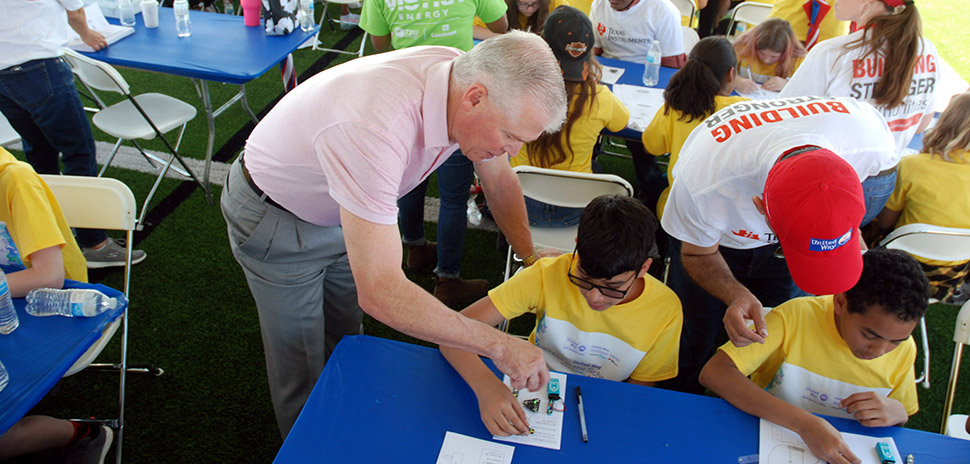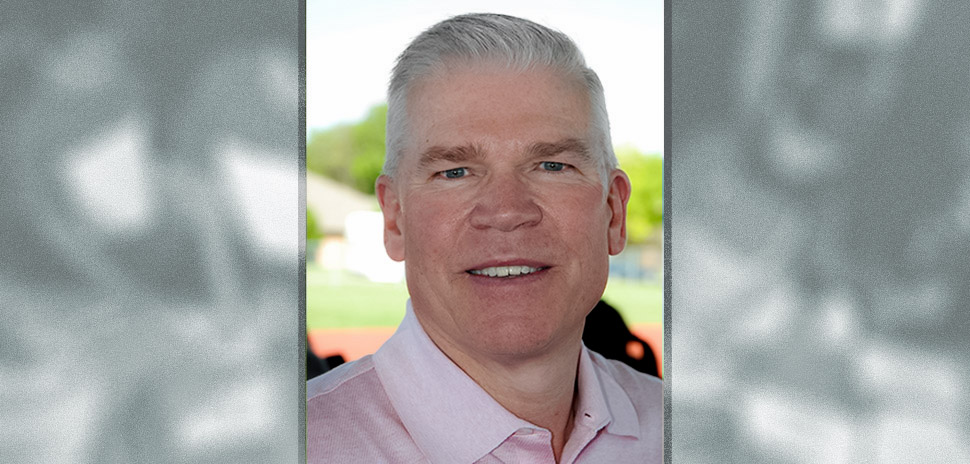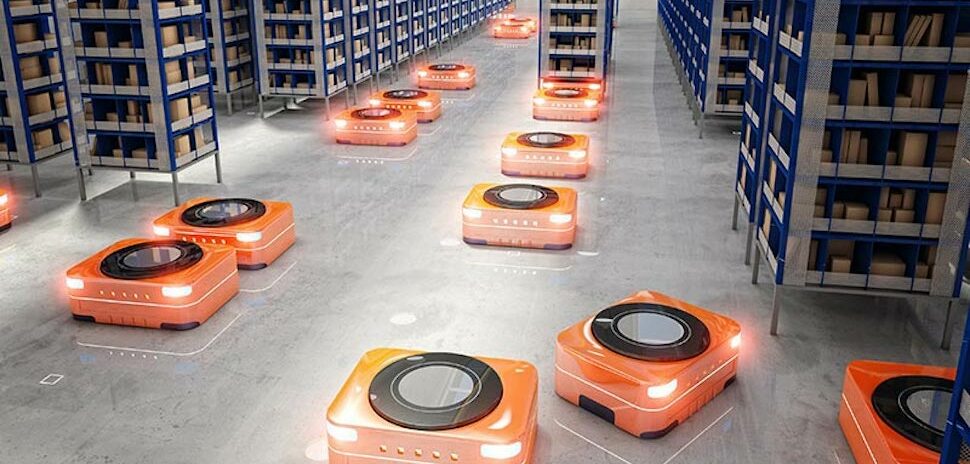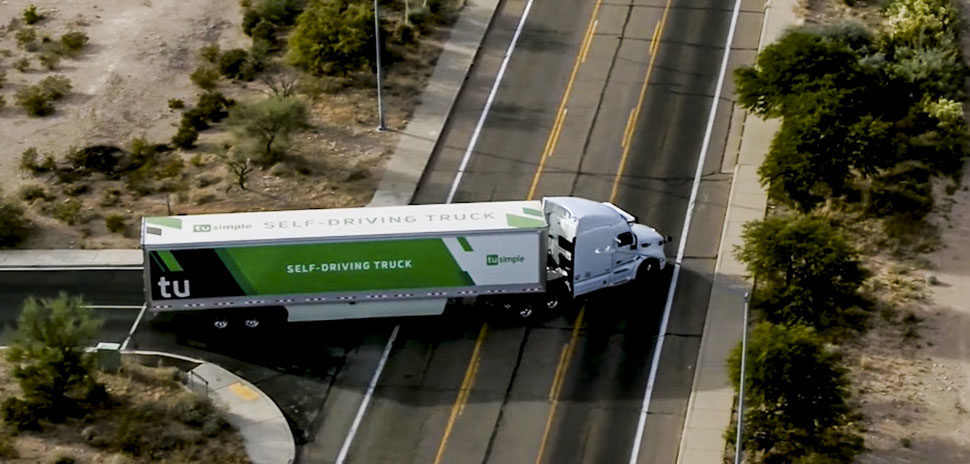Dallas-based semiconductor maker Texas Instruments has been in the news lately after it announced that it had chosen Richardson as the site for a $3.1 billion semiconductor facility that’s anticipated to create more than 488 jobs.
The announcement was built on Texas Instruments’ already strong legacy of advanced manufacturing, science, and innovation. In fact, few other North Texas companies can claim as much innovation in its history as Texas Instruments. Not many can attest to the level of civic involvement and support for education and workforce development, either.
READ NEXT STEM in the Schoolyard: Sparking the ‘Curiosity’ That Fuels Innovation
We recently caught up with Texas Instruments CEO Rich Templeton at the STEM in the Schoolyard event sponsored by United Way of Metropolitan Dallas at Buckner High School in Richardson. Templeton joined 150 other TI employees to work with sixth-graders on scientific and engineering projects—and have a little fun in the process.
Amidst a packed event schedule, Templeton took a few minutes to chat with Dallas Innovates about STEM education and his company’s place in the annals of innovation.

Rich Templeton works with students at a STEM event in Richardson. [Photo: Lance Murray]
Why is STEM education so important to the future of Texas?
If you look at what’s going on today in STEM in the Schoolyard, it’s at the heart of what we do as a company. It’s about, yes, shareholders have to be successful and, yes, employees, but our communities as well. You had a chance to watch these kids just light up when they start to understand how technology can impact their lives. And we think it’s a great opportunity to just introduce them to technology and get them excited.
Innovation is something Texas Instruments has been involved in for decades. How do you keep innovation alive, and where is innovation going?
Innovation to me is a wonderful thing. I go to a very simple word: curiosity. And that is if you’re curious about how things work, or if you can find a better way to solve an old problem, you’re on your way to innovation.
Innovation in this world is alive and well. It’s alive and well with TI; it’s alive and well in North Texas. We’re proud to be a member here. It’s great to see some of these young kids getting introduced to that curiosity, that spark, and starting to understand how things work.
As CEO of Texas Instruments, how do you individually promote innovation in such a huge corporation?
Well, it starts by hiring naturally curious people. If you look at most people that go into technical or engineering fields, they’re curious about how things work. They’re curious about how to make things better.
Our job is to make sure that we open them up and encourage that creativity and that curiosity. And then, many times, get out of the way and let them go.
When it comes to the innovations that Texas Instruments is famous for—Jack Kilby’s contributions to the modern world, for example—is there one that stands out as the biggest thing ever done for technology?
Well, you’ve taken the easy, first, and most visible one [Kilby’s invention of the the integrated circuit]. If you ever had a chance to know Jack Kilby, he was the most humble, modest man in the world. He said, ‘I never had a guess of how powerful the integrated circuit would end up being. But what he was more proud of, were literally the thousands and millions of engineers that followed to make integrated circuits what they are today. It’s breathtaking to think about that impact. What’s the most exciting innovation? The next one? So it’s very simple.
Do you hear from people about the impact TI has had on their lives when they say, ‘You know, I remember when I bought my first TI calculator 50 years ago?’
I think you have both the history of it, which is a very proud history. But, more importantly, look where the world’s going and look at the opportunity these kids have to make an impact on it. That’s where I actually get more excited. I see the world that’s out in front of them and in front of us.
We had an event—it was now probably 10 or 12 years ago—when we opened up Kilby Labs, and some things that we were doing. One of Jack’s old work associates brought with him one of the original calculators from 1969. He stood at the stage and he said: ‘I think the thing that Jack would have been most proud of—and he slid the on/off button on—it still works.’
Jack was an engineer. He would be proud that 30-plus years later, it was still working. It’s a lasting legacy to be proud of: doing great products. … It was amazing at its time, and what we do tomorrow will be equally amazing.
This Q&A has been edited for brevity and clarity.
![]()
Get on the list.
Dallas Innovates, every day.
Sign up to keep your eye on what’s new and next in Dallas-Fort Worth, every day.






























